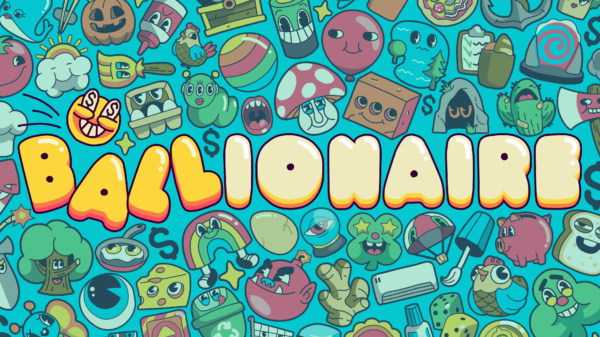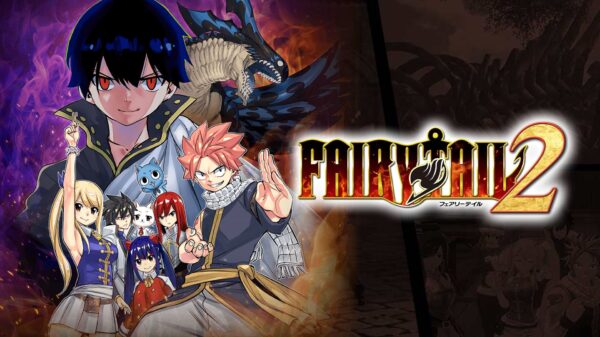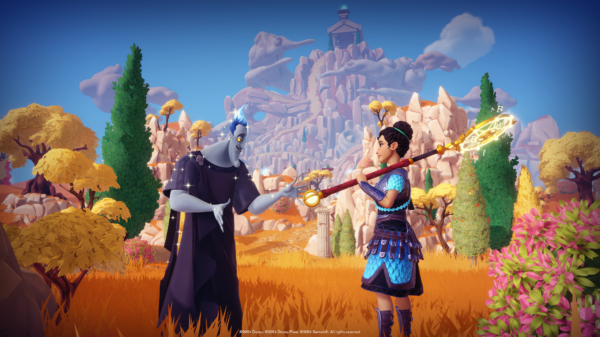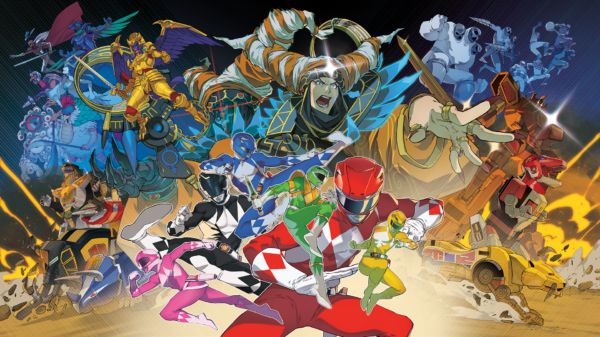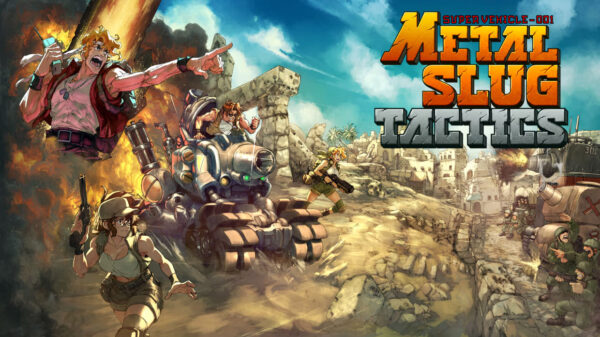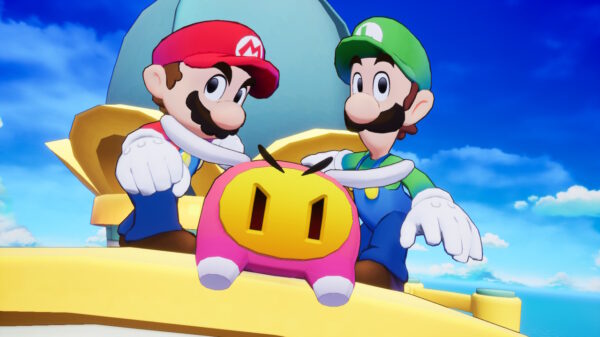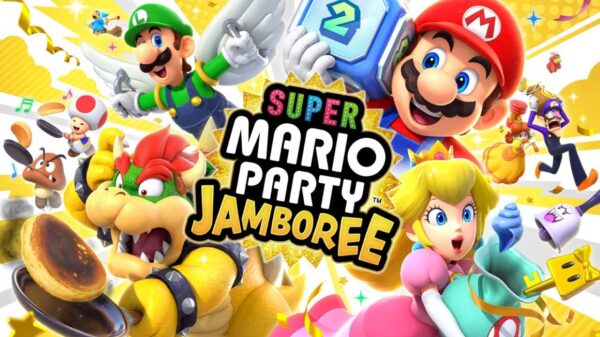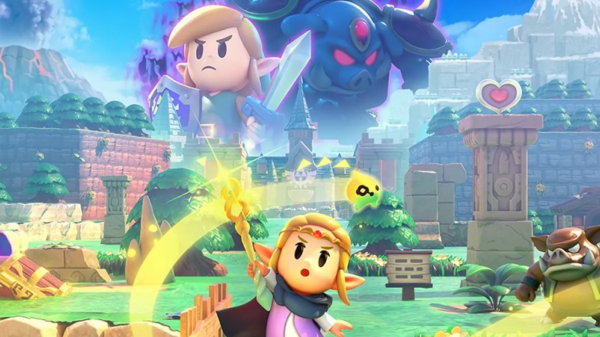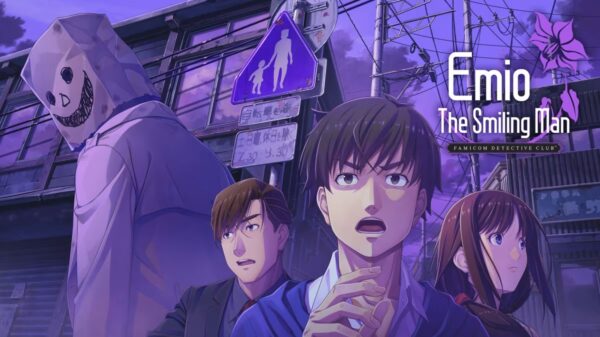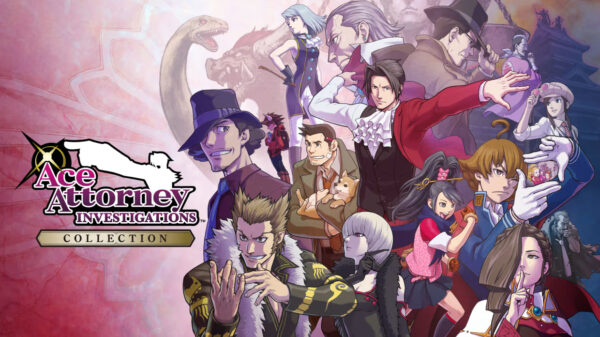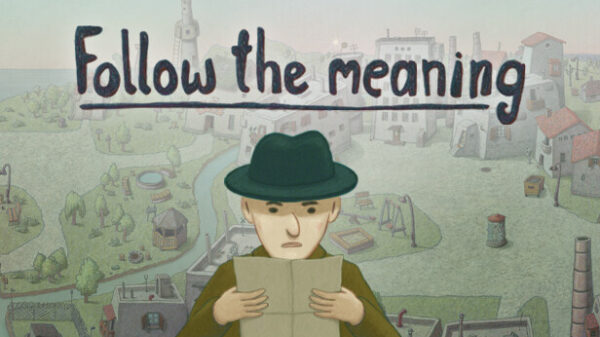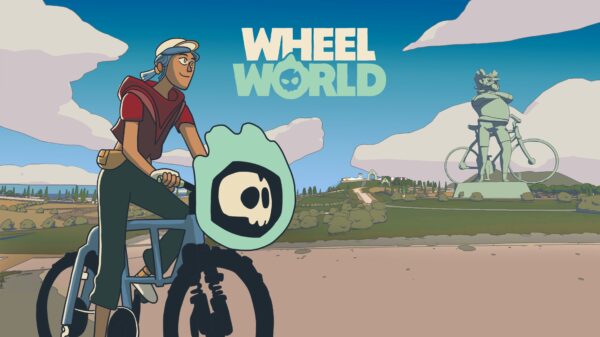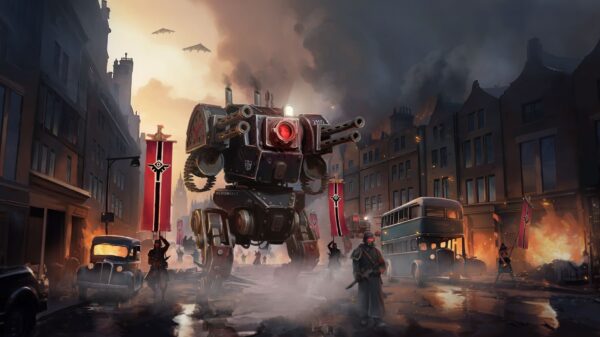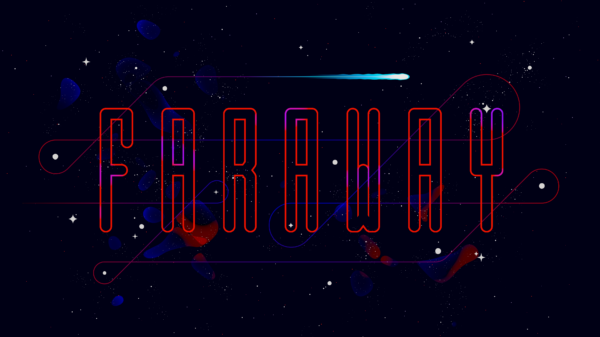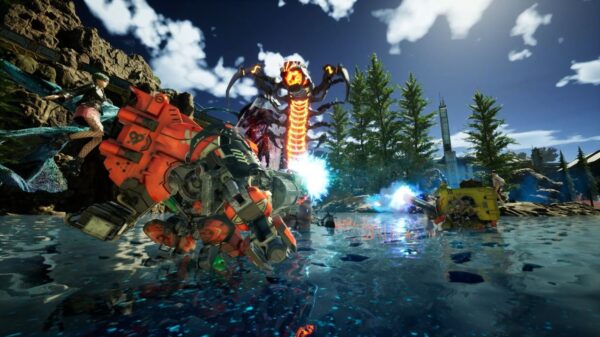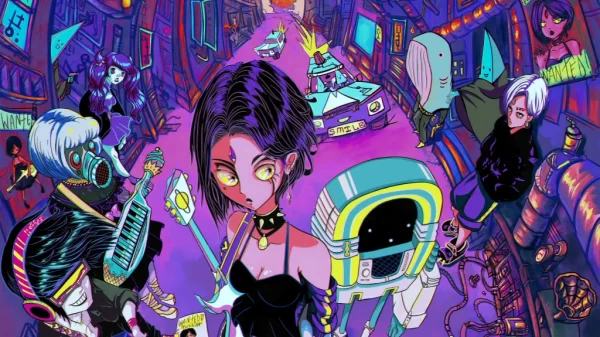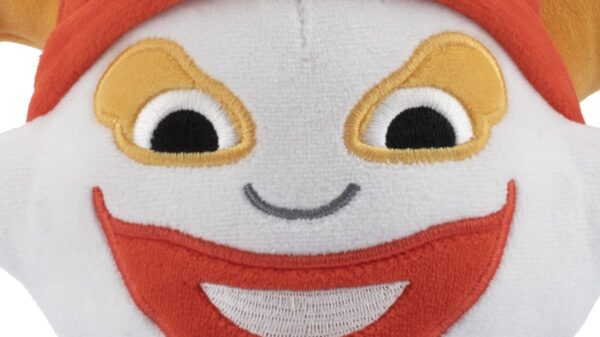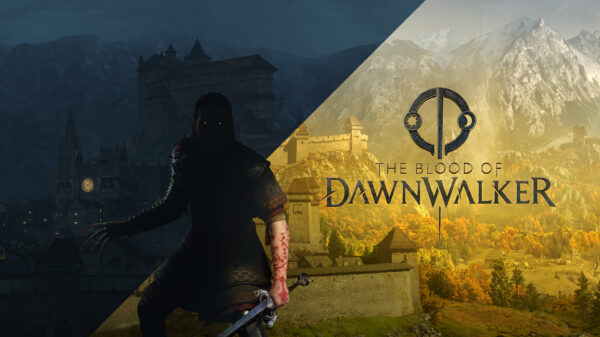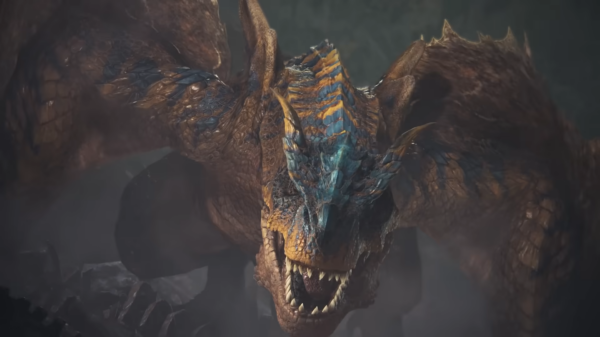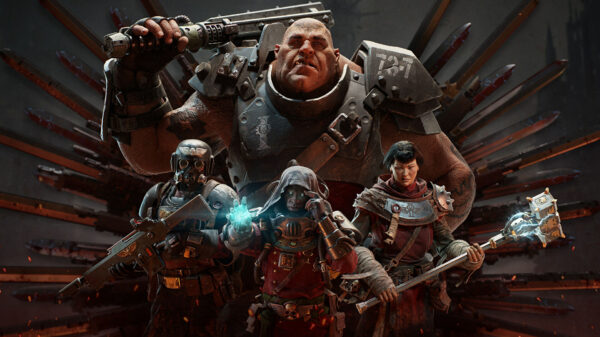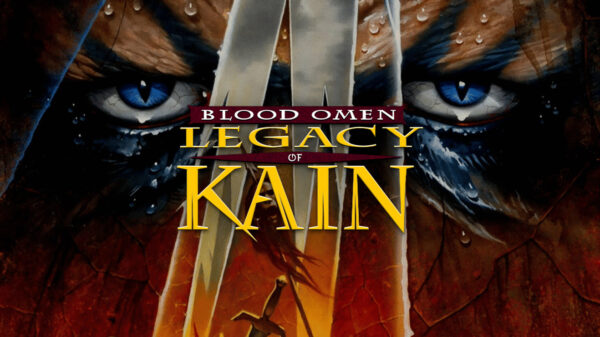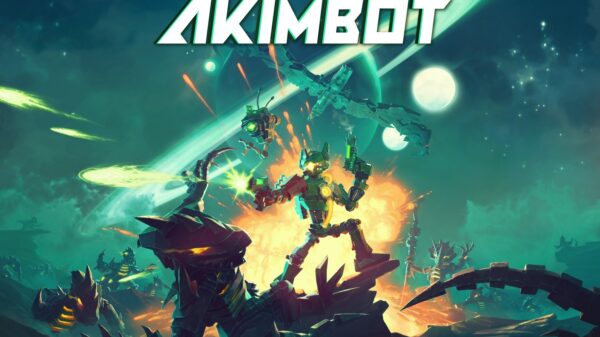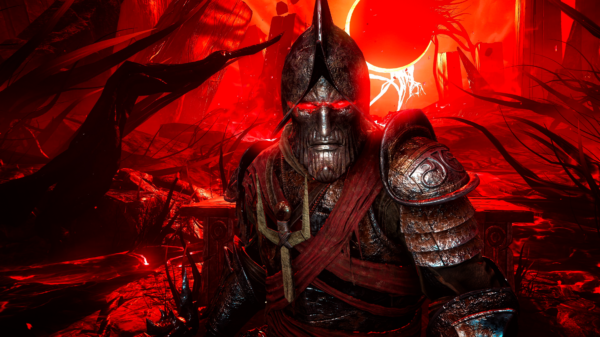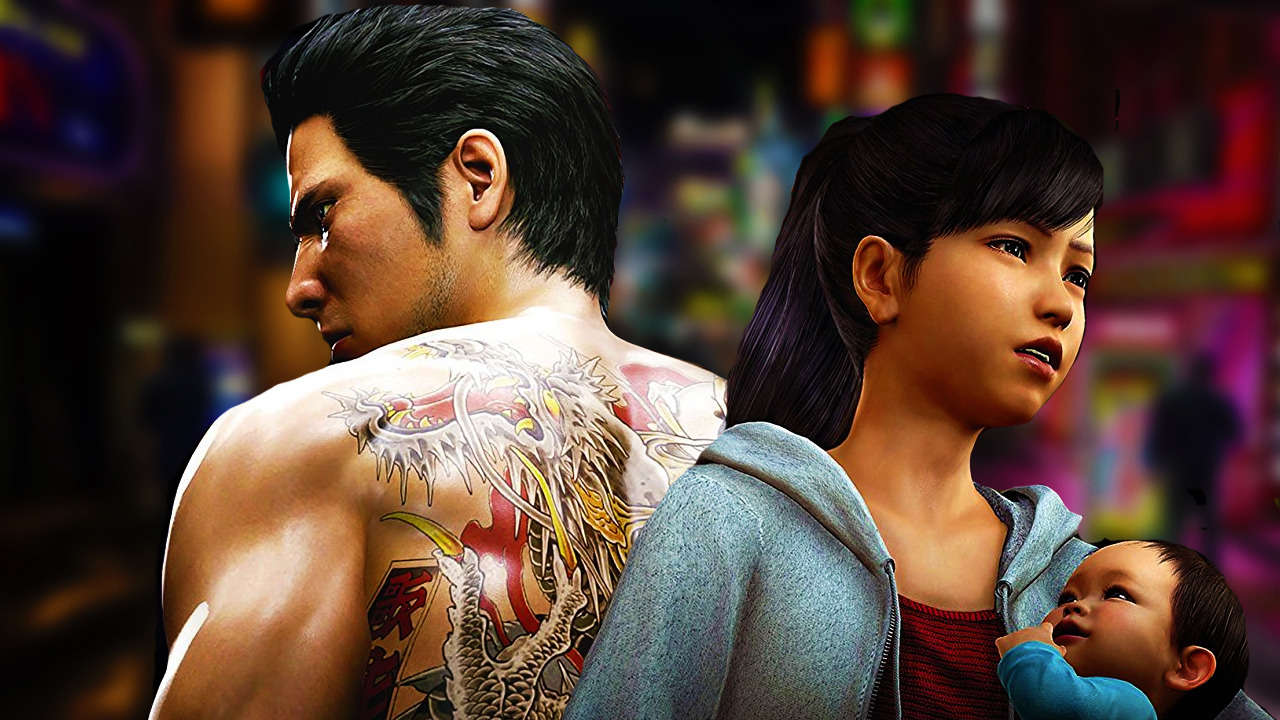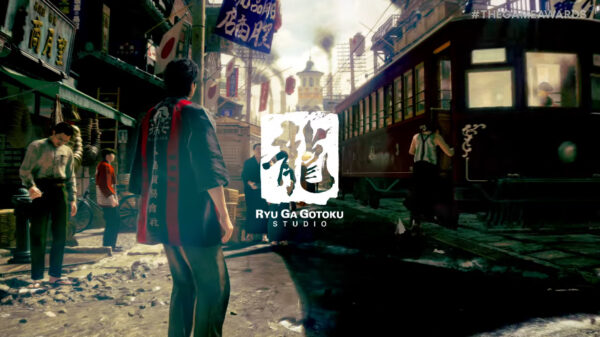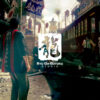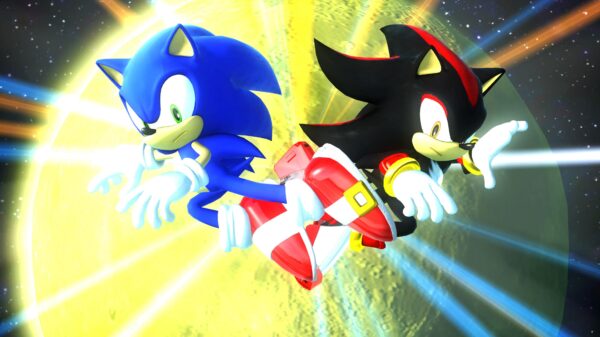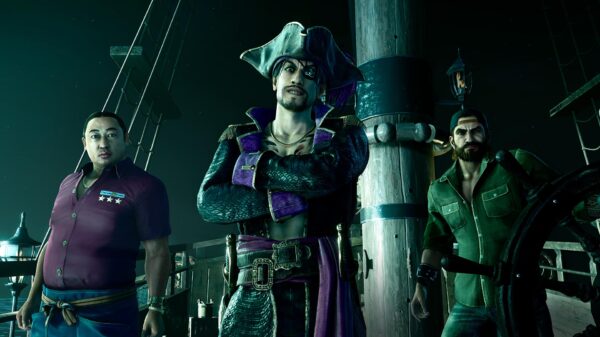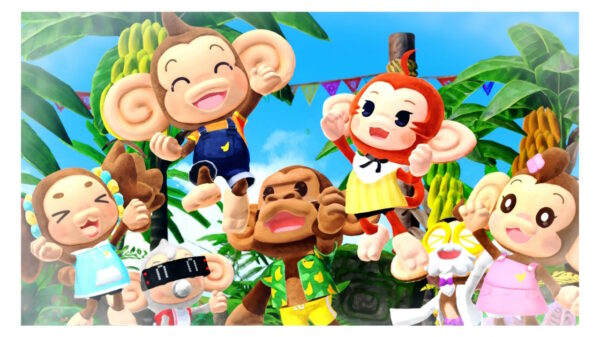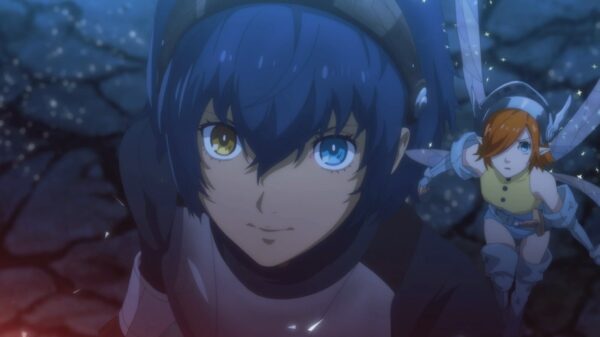Yakuza 6: Song of Life is a great game that provides a fitting end for one of gaming’s most complex protagonists, Kazuma Kiryu. Though the game has a few quality of life issues and some wonky pacing, Yakuza 6 is an overall fantastic action game that boasts exceptionally polished combat system, a seemingly endless amount of side-content, and a genuinely moving story.
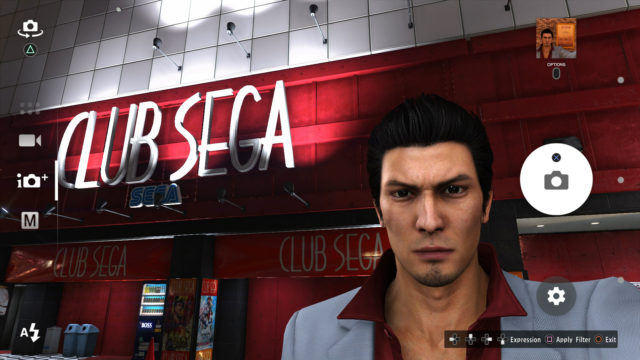
Yakuza 6: Song of Life
Developer: Sega
Price: $69.99
Platforms: PS4 (reviewed)
MonsterVine was provided with a PS4 code for review
This last year has been a great one for the Yakuza franchise and its Western audience. Both Yakuza 0 and Kiwami were released to critical acclaim, the original games were reprinted on their original consoles, and Yakuza 6 and Kiwami 2 were announced for release on these Western shores. Now that Yakuza 6 is picking up, let’s take a look at how it all ends.
Song of Life takes place after Yakuza 5, but knowledge of the previous titles isn’t entirely necessary for anyone looking to jump into the franchise here. There are obviously lots of terms and relationships that will make far more sense to series veterans, but Song of Life goes well out of its way to bring newcomers up to speed. Major characters and events in Kiryu’s life are summed up through optional character interactions right at the beginning of the game, and there’s always a log available on the pause menu that lists these events and more for anyone who wants a recap or a refresher.
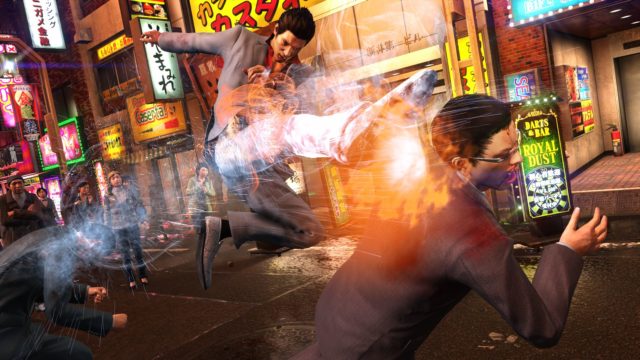
Song of Life starts with Kiryu going to prison after the events of Yakuza 5. Feeling as though he has finally broken free of the Yakuza, Kiryu intends to pay his dues by spending three years in prison. Doing time will officially free Kiryu of any Yakuza ties and complications, freeing him to run the Morning Glory orphanage with his adoptive daughter Haruka. But, as with most great crime stories, Kiryu’s past catches up with him. Haruka has gone missing and is later victim to a hit-and-run, leaving Kiryu to take care of her secret infant son. And so, the newly released Kiryu must take care of a baby while finding the man who hit Haruka, all while the Triad and two Yakuza factions are gunning for him. It’s a very emotional story that explores the idea of legends and the people surrounding them; a familiar theme for final entries in long-running series.
The story takes you through different parts of Japan (primarily the fictional district of Kamurocho and the rural Hiroshima), with plenty of memorable characters to be found in each spot. I do wish the story was better paced though, as the parts in Hiroshima go a bit too slowly at certain points. At the same time, Hiroshima has some of the best characters in the game, like Yakuza patriarch Hirose. Hirose is played by the legendary Japanese filmmaker “Beat” Takeshi Kitano, and his experience with Yakuza films and stories shows. Hirose is definitely a more light-hearted character than some of the characters he’s written and portrayed, but the unassuming, kind of goofy, old Yakuza patriarch role suits the older Takeshi perfectly.
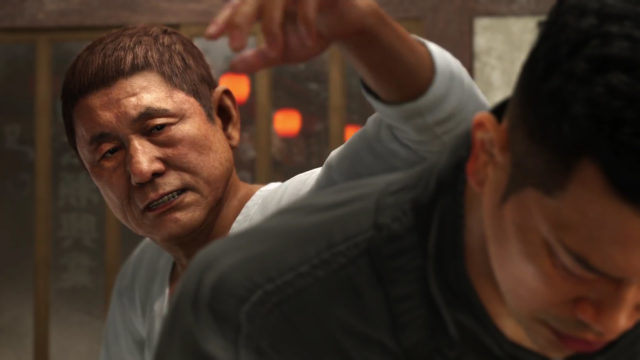
Like previous games in the series, Song of Life is an open-world beat-em-up with RPG elements and tons of side-missions. Unlike previous games, Song of Life abandons its multiple fighting styles in favor of having one more detailed moveset. While I do miss the variety of having different styles and attacks to use, I don’t mind having a more polished moveset that can be improved upon with new moves and unlockable abilities. The seamlessness of combat helps make up for it as well, as battles start and end without any transitions or load screens. Environments are also far more destructible than in previous games, so you can throw opponents through windows and into signs to shatter them in an incredibly satisfying way. So while the combat is more limited in some ways, I found that the new updates and expansions make up for it.
The upgrade system in Song of Life is better than that of Yakuza 0 and Kiwami, largely thanks to its rather unique experience system. Everything from fighting, eating, playing games, and exercising gets you experience points for multiple different categories, like “Charm”, “Agility”, etc. From there, you can use these points to gain new abilities or to learn new moves and counters. Which abilities you unlock and in what order is entirely up to you, which means players can focus on combat upgrades, experience upgrades, minigame skills, etc. It’s not a particularly deep system, but I like that you gain experience from doing anything and everything.
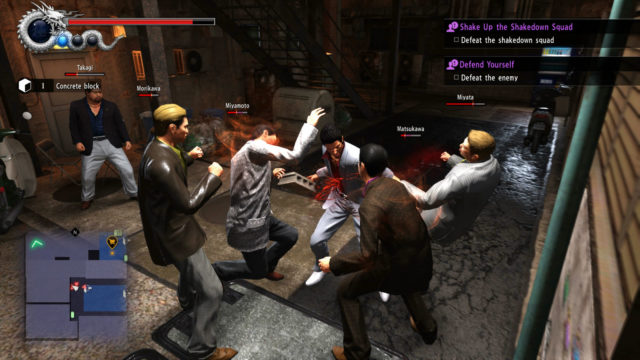
Combat in Song of Life is stellar outside of a few minor bugs. Punching and kicking enemies has a sharp impact to it that makes you feel like a superhuman, especially since your controller very slightly vibrates with each hit. Racking up combos and smashing enemies with nearby items is as fun as it is hyperviolent. (Watching Kiryu smash a bike on some thug’s head will never get old, even if we were to receive one hundred more Yakuza titles). While it’s easy to avoid enemies when running around town, I often found myself excited to encounter foes purely because of how thrilling combat is. Bosses are especially exciting, as it’s often you versus one other foe, making for a drawn-out 1v1 battle filled to the brim with intense pummeling and the occasional quick-time event. Fights just never get boring in Song of Life, which is essential for a game where combat is so important. The only issue comes with fighting in groups, as enemies will only focus on you. You’ll often end up being smashed into the ground repeatedly by a group of enemies that is too big for one person to handle. It’s not difficult to get out of these situations, but their frequency in the latter half of Song of Life makes these brawls a frustrating affair.
The amount of side-content in Song of Life is incredibly impressive, even for Yakuza, which is known for its breadth of content. There are full classic SEGA games to play in arcades (including Vitrua Fighter 5: Final Showdown and PuyoPuyo Tetris), hostess conversation minigames, dart boards, baseball sim modes, and more. There are a million things to do at any given time in Song of Life, and it’s wonderful (even with the shocking lack of UFO Catcher minigames). These side-missions can often trigger at random while you wander the streets though, which is frustrating when you’re in a rush.
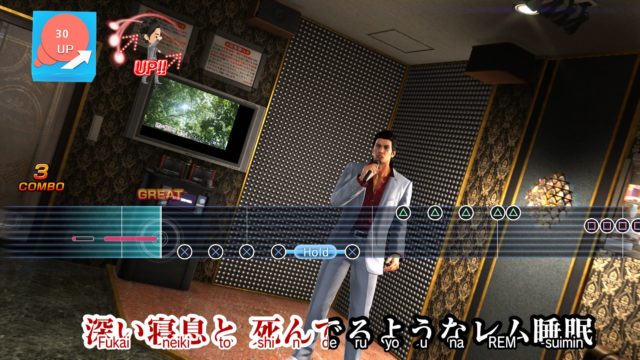
Visually, Song of Life is drop-dead gorgeous. Models look shockingly realistic, which is especially noticeable when you compare Takeshi Kitano to his character model. Environments are beautiful and quite varied, ranging from the exciting neon-lit Kamurocho to the quiet, darker roads of Onomichi. Few games of this generation look as good as Song of Life, which I understand is quite a claim to make.
Song of Life has a solid soundtrack as well, filled with exciting tracks and catchy karaoke songs. The voice work is as fantastic as it usually is in the Yakuza series, with Kiryu and Hirose standing out to me (though my newfound love of Beat Takeshi’s work may be partially responsible for that).
 The Final Word
The Final Word
Yakuza 6: Song of Life is a great, exciting beat-em-up that, despite some minor bugs and some wonky narrative pacing, delivers an amazing story, satisfying gameplay, and a perfect end for the legendary Dragon of Dojima.
MonsterVine Review Score: 4.5 out of 5 – Great

